Nintendo Switch mods: Everything you need to know
This Switch is spicy hot!
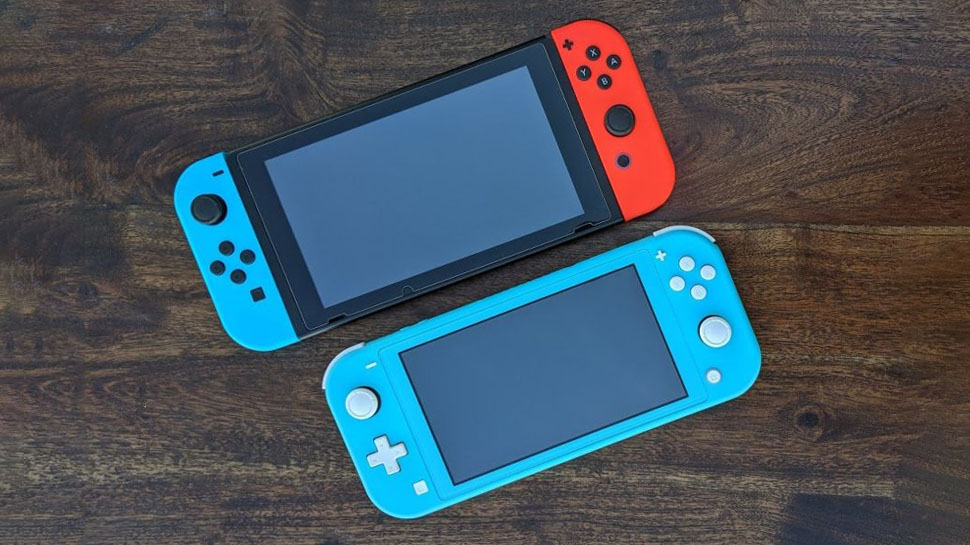
Technology, particularly where video games are concerned, has certainly expanded beyond anything we could have dreamed up in the 1980s and 1990s. For a lot of the progress we’ve made, we can thank the people who spent their time tinkering with existing tech, modifying it to improve on the inevitable human errors in everything we make.
From the very moment new consoles are released, enthusiasts find a way to crack it open and build on the foundation laid down by creators, and the Nintendo Switch is no different. While cracking this console has proved to be more difficult initially than the Nintendo 3DS or Wii U, the Nintendo Switch modding community is alive and thriving. Here’s everything you need to know about Nintendo Switch mods.
Disclaimer: Modifying your Nintendo Switch violates the Terms of Service laid out by Nintendo, and could result in an account ban, a console ban, or, in some cases, legal action. We do not actively encourage the usage of modding or custom firmware, and advise anyone who does, to do so at their own risk.
What are mods?
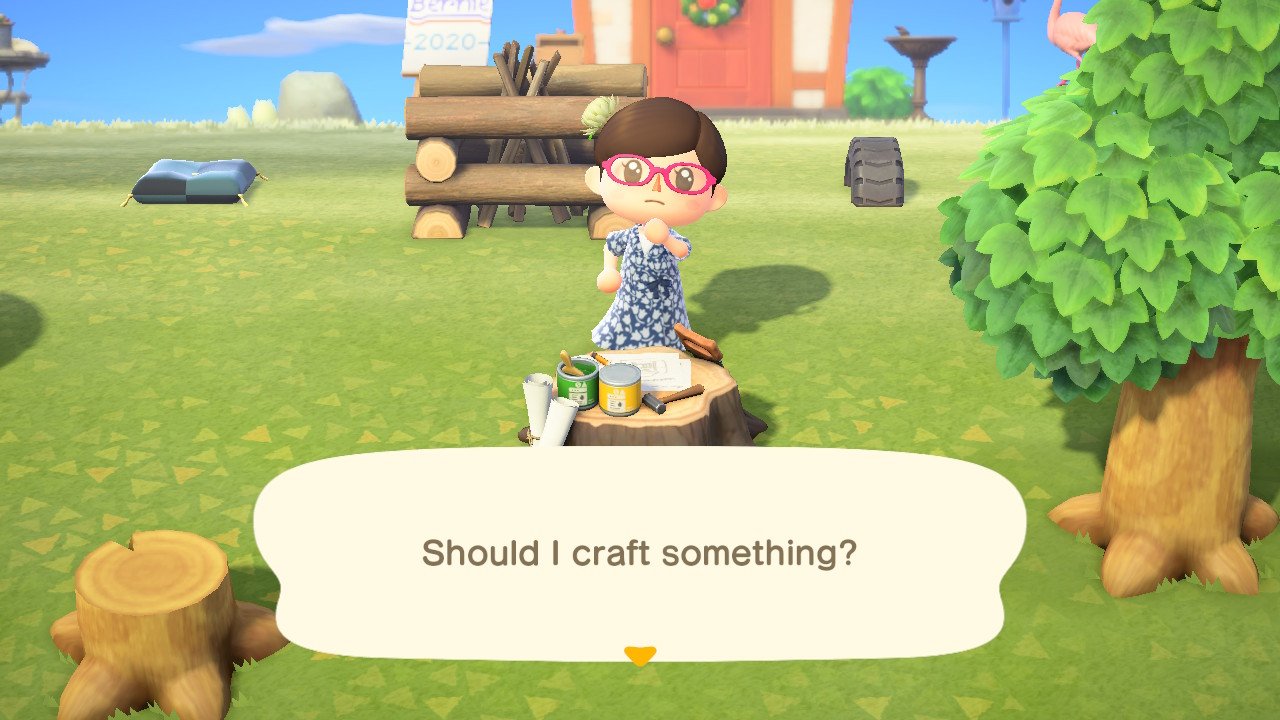
Video game mods, or modifications, involve changing design aspects of a video game console. They can be divided into two types: hardmods or hardware modifications, where the physical structure of the console itself is altered, and softmods or software modifications, where a piece of software’s code is manipulated to allow the user to engage in unsanctioned activities.
When it comes to Nintendo Switch modifications, softmods are the most common, with users usually delving into homebrew. Homebrew is a kind of softmodding that hobbyists and tech enthusiasts engage with, often installing custom firmware, otherwise known as CFW, to access features of hardware not otherwise allowed by Nintendo.
How do mods work?
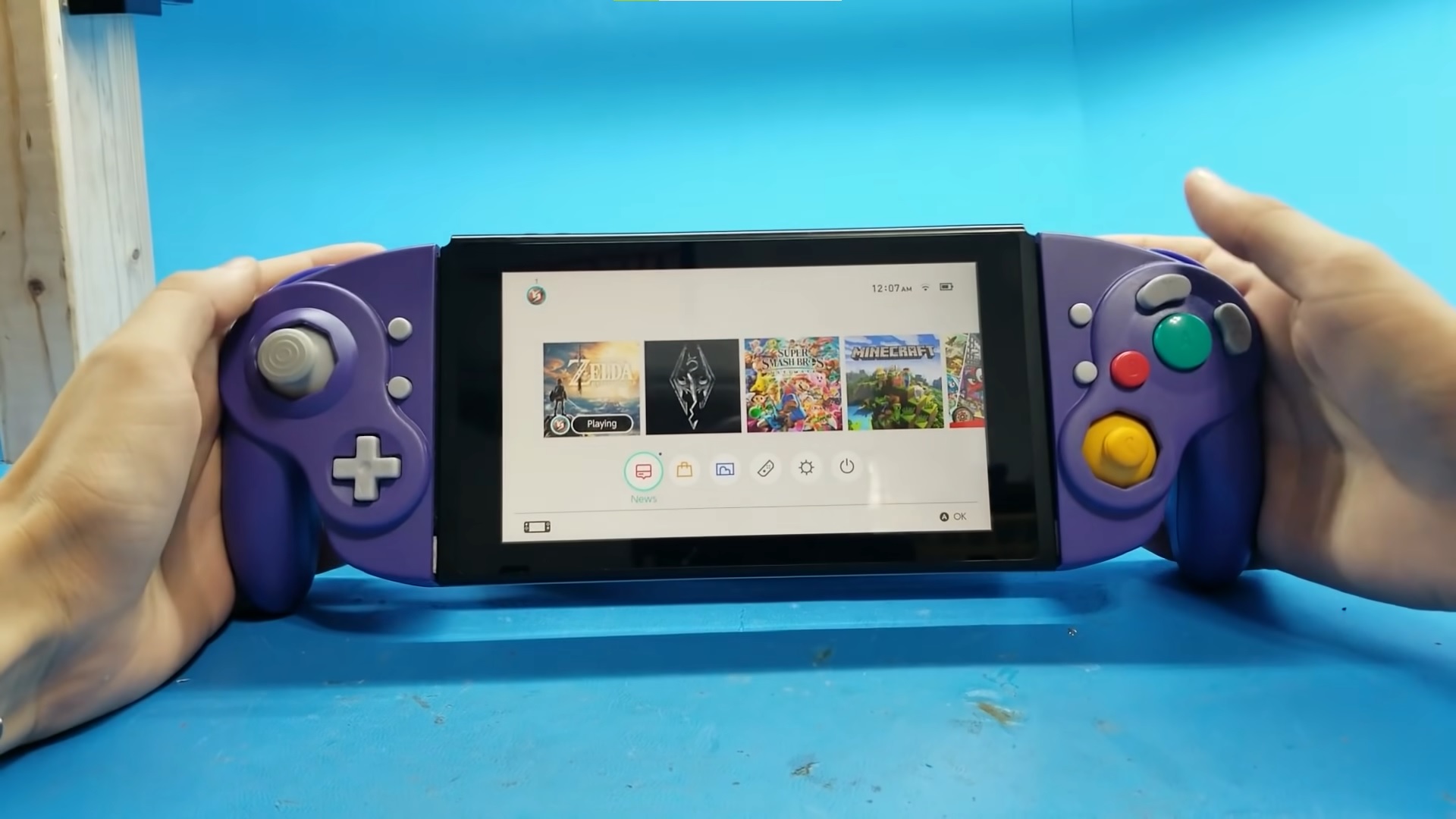
When it comes to Nintendo Switch hardmods, users can change the appearance of their console, add custom plates to give their system a new color, or install a D-Pad on the left Joy-Con controller. For a specific type of Homebrew on the original Nintendo Switch model, users discovered a hardmod in which the left Joy-Con rail was manipulated in order to place the console in a vulnerable state for softmodding. Nintendo released newer versions of the Switch that prevented this method from working.
Master your iPhone in minutes
iMore offers spot-on advice and guidance from our team of experts, with decades of Apple device experience to lean on. Learn more with iMore!
As for CFW, it can be used for a number of things, such as to back up save data externally for safekeeping, change the appearance of the user interface, or overclock processors to enhance hardware performance. Retro game lovers can also install emulators on the console to play backed-up versions of games they already own. GameBoy Advance games, which are currently unavailable on Nintendo Switch Online's Virtual Console library, can be played on emulators like mGBA. Users who want to push their games to the limit can extract complete game files for games they own and place them in emulators on PC, enabling them to smooth out and refine textures, increase frame rates, and play in 4K. Game code can be directly manipulated as well in tandem with PC programs as well, allowing for new or existing items to be placed and moved around in games, offering a new experience.
Most mods function through programs built by the Homebrew community which are either installed directly on the console or installed on a computer and used in tandem with consoles, through a wired connection or SD cards. Whether these programs are easy to use depends entirely on how experienced the user is with technology, but thankfully the Homebrew community offers extensive step-by-step instructions that new users can follow without necessarily understanding the inner workings of Homebrew programs. There is an active and thriving online community as well, setting up forums and chatrooms specifically dedicated to helping curious new users.
Are mods legal?
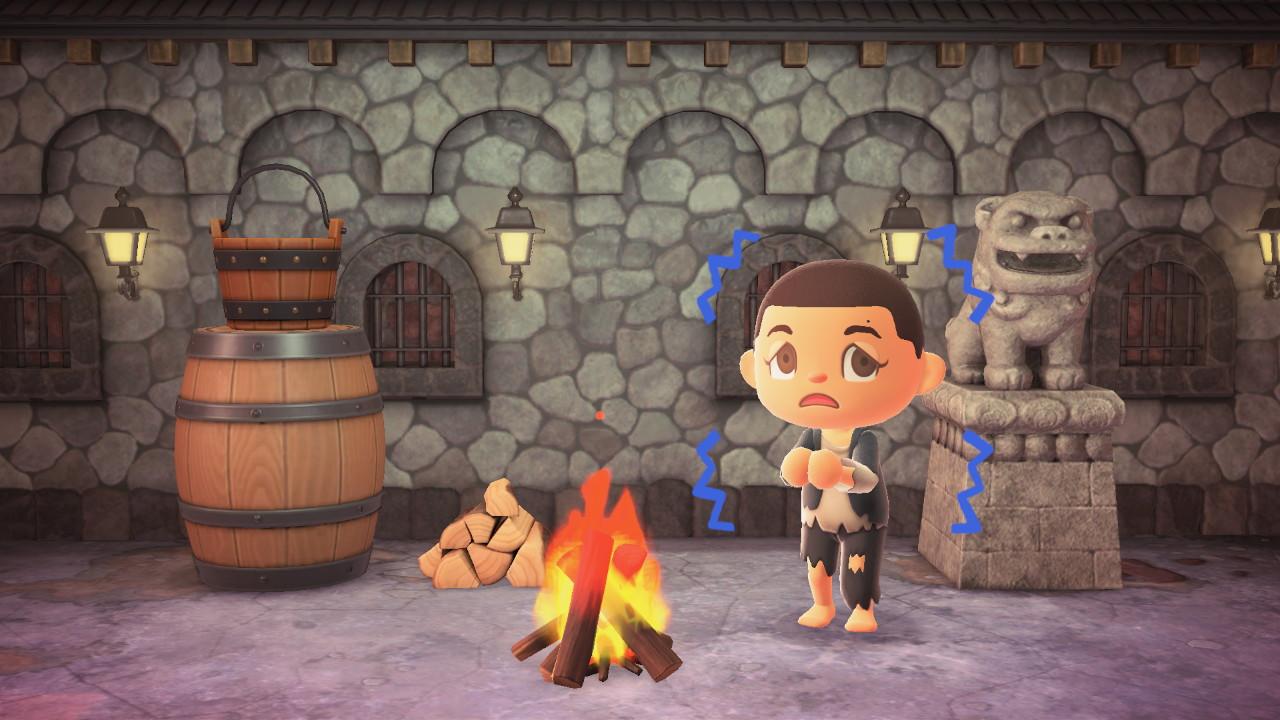
The truth is, it’s tricky. Ars Technica looked into the issue themselves and found that both the Digital Millennial Copyright Act (DMCA) and the Entertainment Software Association (ESA) both frown upon the alteration of software in any shape or form, whether it’s adding new content or modifying and rearranging existing content.
The DMCA does give the green light to hardmodding, as people reserve the right to use their physical property as they please… except when hardmodding includes tampering with embedded software. They also acknowledge that the chances of publishers and developers going after softmodders is unlikely, given that the fines they could collect do not outweigh the sheer amount of work it would take to target every softmodder.
The most clear answer about how risky modding is in a legal sense, is that your chances of getting into legal hot water skyrocket when you create, publish, and most importantly, profit from tools used for softmodding. This is especially true when it comes to dumping games and emulating them, as they could potentially be used for piracy — though no creator of Homebrew tools would ever encourage it specifically, stating that those tools are explicitly meant for playing backups of your own games. For hobbyists who privately tinker with software, the risks aren’t terribly big.
Where it becomes strange is when developers actively encourage modding. Recently, Rockstar Games offered $10,000 USD to a modder in exchange for finding a solution to the long loading times that plagued Grand Theft Auto V. It’s no secret that many great games have come out of modding communities. DOOM’s life began as a mod for Wolfenstein, and Valve used modding tools for Half-Life to recruit new staff, resulting in critically-acclaimed games like Portal, Team Fortress, and Counter-Strike.
TL:DR
So are mods okay, or not? I’d say that it depends on the publisher. Nintendo detests the idea of modding, shutting down fan games like AM2R, and banning Pokémon players who move hacked Pokémon into Pokémon HOME. Given how diligently the Nintendo ninjas seem to find their way to those who publish and create modding tools, I’d say that becoming a mod developer isn’t the safest career path. As previously stated, modding privately is unlikely to get you in hot water, but in the worst-case scenario, you could suffer a console ban or an account ban from online play, or potentially, a lawsuit.
Can mods damage your Switch?
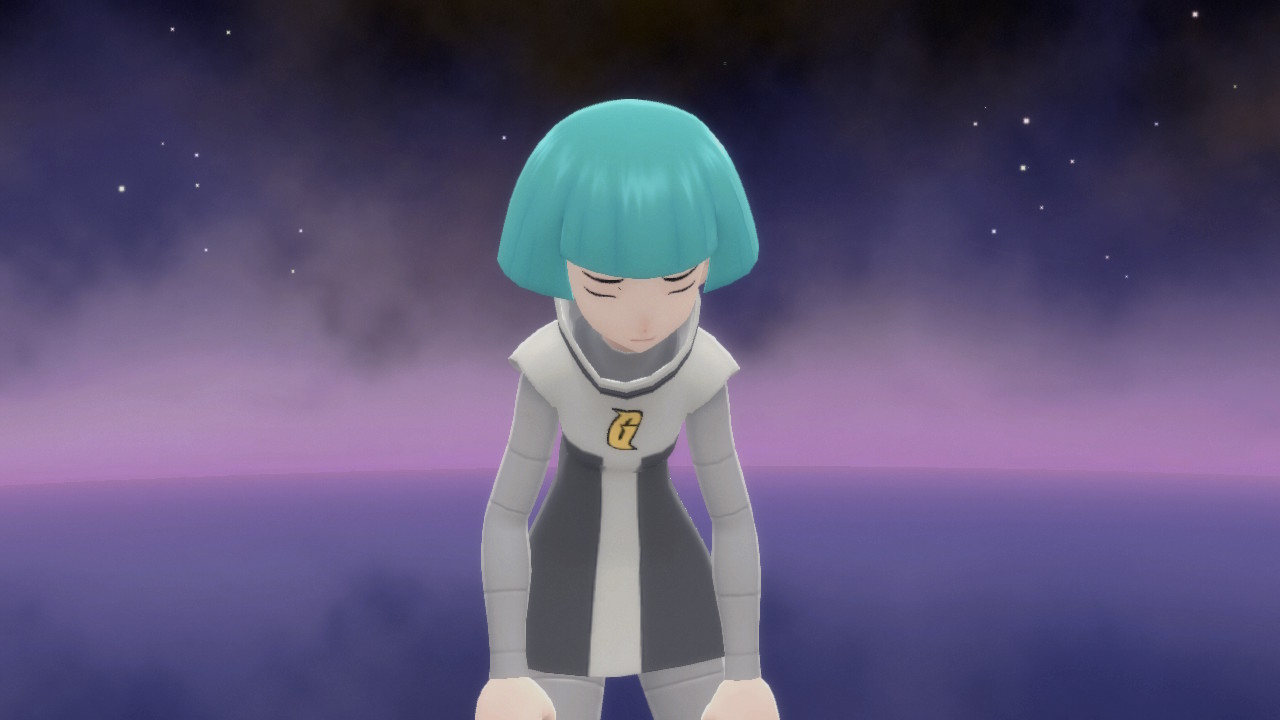
Most mods in and of themselves don’t damage your Switch. However, user error in installing mods can result in the worst kind of damage — a bricked system. It is also possible that if you go online in pirated versions of games before they’ve been released that players could receive an account or console ban from online play, so modding is not always safe.
Even if you do everything correctly, it is possible that you can damage your system or computer if the software involved includes malware, unbeknownst to you. Video guides are generally discouraged, as they can include outdated files and methods that can result in a ban or a brick, so it’s always recommended to use official Homebrew channels. Downloading files from third-party websites always runs the risk of downloading malware, so it’s important to do some research to determine which websites are reputable.
Examples of Switch mods
The Nintendo Switch was quite difficult to crack compared to the Nintendo 3DS and Wii U, so modders have had less time to get established game mods going. However, for the ones that were released, they’ve given otherwise amazing Switch games a breath of new life, which is perfect for dedicated fans who have already put hundreds of hours into these games.
Breath of the Wild Split Screen Multiplayer
The Legend of Zelda: Breath of the Wild has been wildly popular ever since it first released, but many fans want to experience the game with a buddy, which is where Kirbimini's splitscreen multiplayer mod comes in. As shown in this Youtube video from Waikuteru, two players can run through the game at once taking down enemies and exploring together.
Breath of the Wild: Second Wind
The free user-generated content for The Legend of Zelda: Breath of the Wild expands an already vast game. Dubbed "Second Wind" by its creators, it offers new in-game content, revamped shrines, new weapons and armor, and lots of new sidequests for players to complete.
Animal Crossing 3.0
If you know Animal Crossing: New Horizons players, you know they love to decorate. The fan-made content, jokingly dubbed "the 3.0 update" by players includes tons of furniture and flora that were previously inaccessible by players, such as the foliage used to decorate inside the museum.
Players can also fine-tune decorations more, such as placing items inside bodies of water, adding a fourth cliff level, and placing items underneath arches. For quality-of-life changes, players can phase through items, increase their walking speed, and change their item's layout, including moving previously immovable structures like Resident Services.
Pokémon Luminescent Version
This modification of Pokémon Brilliant Diamond and Shining Pearl is meant to be a remake of the Renegade Platinum ROM-hack, which sought to update Diamond and Pearl in a way that was on par with the HeartGold and SoulSilver Johto remakes. It introduces appropriately-sized following Pokémon, non-chibi main characters, improved performance, and the inclusion of other Pokémon otherwise incompatible with the game.
Splatoon 2: Rainbow Expansion
The user-created Rainbow Expansion for Splatoon 2 adds all-new levels to the Octo Expansion DLC, which was officially released by Nintendo. Featuring all-new levels and challenges that make use of both main and sub-weapons, this caters to Splatoon players who continue to crave a challenge.
Tailored to your liking
The Homebrew and modding community, of course, do what they do out of love and passion for their consoles. Unfortunately, modders and the law of the land may not always see eye to eye, not to mention companies like Nintendo who infamously crack down on users tampering with hardware.
While some may enjoy the freedoms that come with unlocking your system's potential, please remember the very real possibility of legal action being brought out against you if you decide to engage in activity that violates a corporation's Terms of Service. Copyright infringement and piracy are still illegal, so the question remains whether some aspects of modding are worth it.
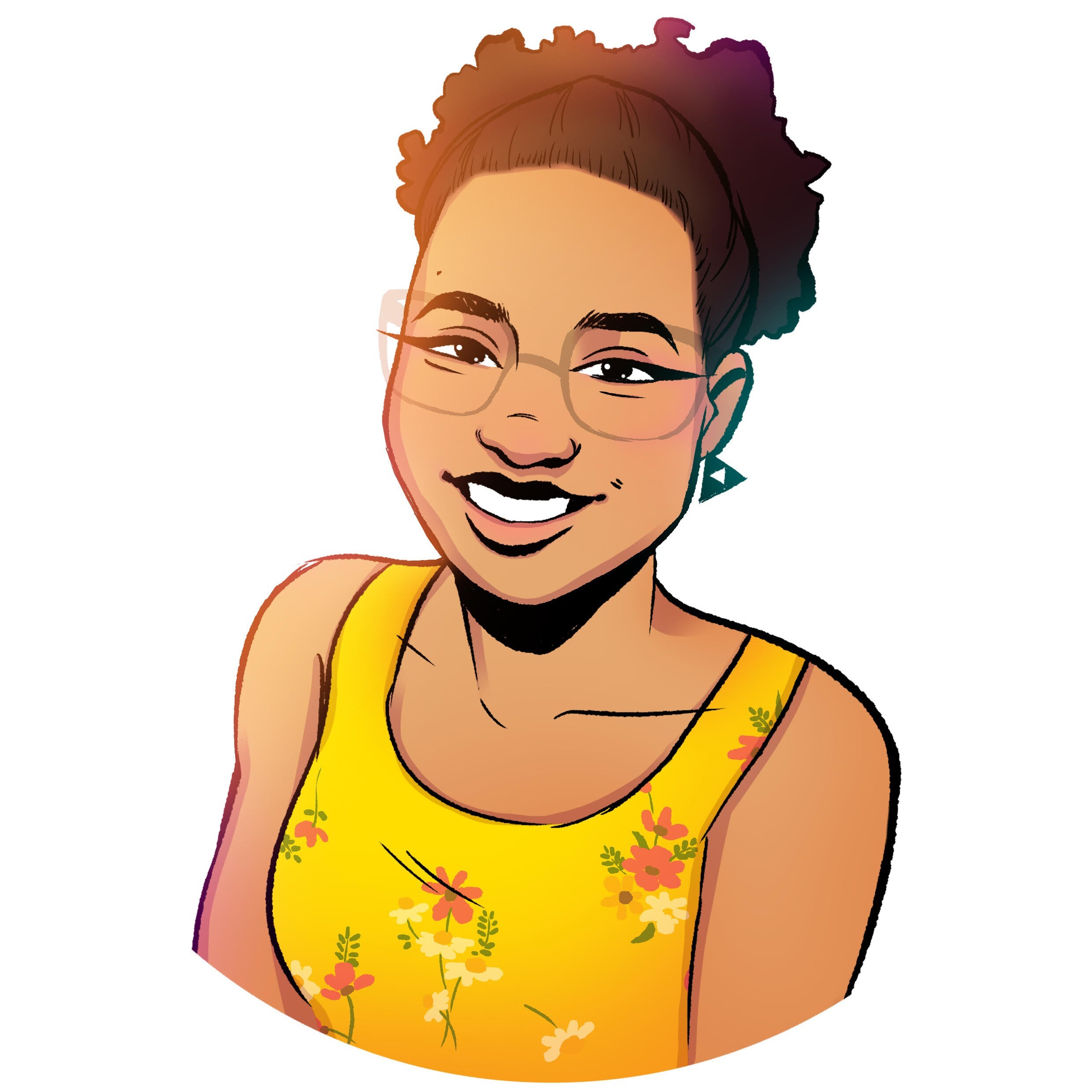
Nadine is a freelance writer for iMore with a specialty in all things Nintendo, often working on news, guides, reviews, and editorials. She's been a huge Nintendo fan ever since she got to pet her very own Nintendog, and enjoys looking at Nintendo's place in the video game industry. Writing is her passion, but she mostly does it so that she can pay off her ever-growing debt to Tom Nook. Her favorite genres are simulation games, rhythm games, visual novels, and platformers. You can find her at @stopthenadness on Twitter, where she'll more than likely be reposting cute Animal Crossing content.
- Rebecca SpearGaming Editor
